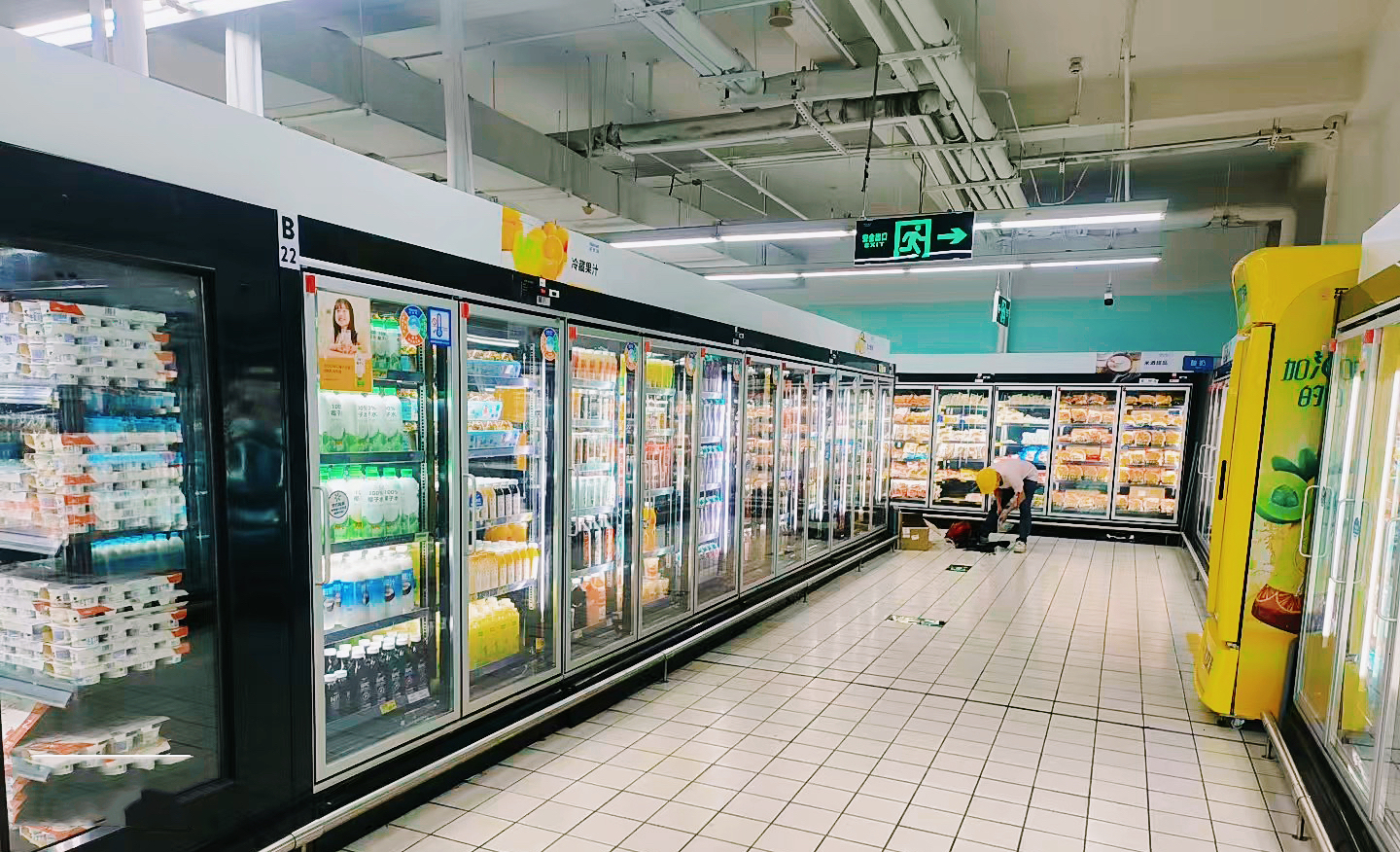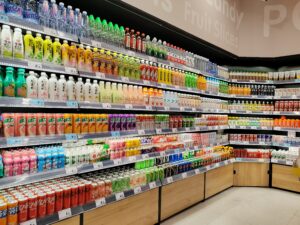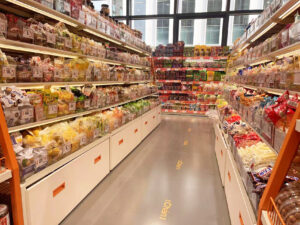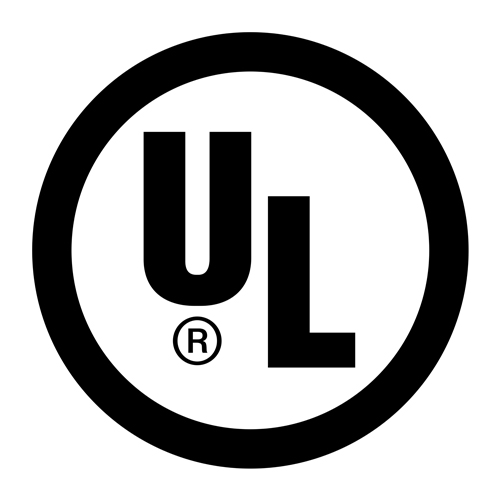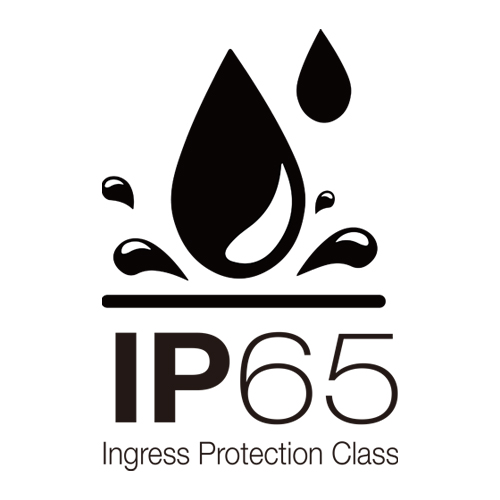Einzelhändler nutzen häufig Lichtkunst, um die Attraktivität und Atmosphäre ihrer Geschäfte zu verbessern, and LED lighting is the natural choice because of its excellent energy-saving performance and high-brightness characteristics. LED lights not only can significantly reduce energy consumption compared to traditional lighting equipment but also create a unique store atmosphere that attracts customers with an exceptional impression. jedoch, with the widespread use of LED lights, several doubts have been raised about their durability and efficiency in some cases.
The reasons for this are complex and various and deserve our in-depth discussion. Why do certain LED lights have limited lifespans and poor performance? Nächste, we will analyze this phenomenon in detail from multiple dimensions to find the root of the problem.
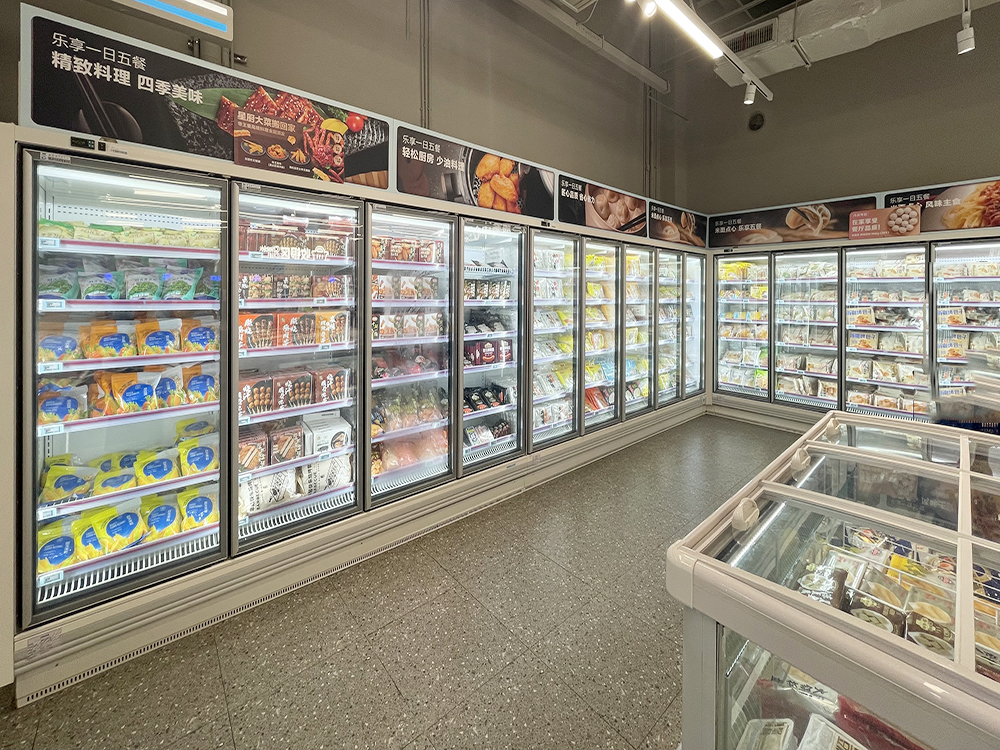
Let’s examine what an LED lamp is before we get started.
The basic structure of an LED is essentially a semiconductor material chip that emits light when electricity is applied. This chip is fixed onto a bracket using silver or white glue for solidification. Silver or gold wires are then used to connect the chip to the circuit board. The entire assembly is sealed with epoxy resin to protect the internal wires, and finally, a shell is installed. This is what we see as an LED light.
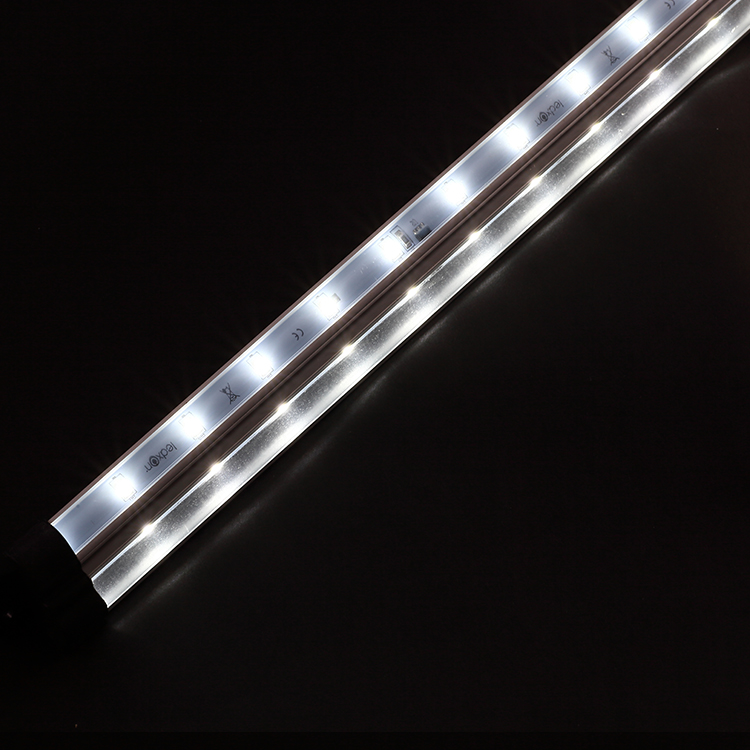
Advantages
It has the following major advantages:
- Save energy and electricity.
- Long life
- Green lighting protects the environment.
LED lighting has many benefits, but there are drawbacks to its practice. Many retailers may have experienced this problem: the recently replaced shelf light quickly showed significant dips in brightness or inconsistent lighting, and even more confusingly, the LEDs did not produce the significant energy savings that were expected. What is the cause of this? The quality of lighting directly influences whether the LED lamps can work stably or not, and the power consumption is closely related to their power setting. daher, the key to solving this issue is selecting high-quality, high-performance LED lamps and lanterns, and reasonable control of its power.
一、the problem of electricity consumption
The energy consumption of a lamp is directly related to its power; the higher the power, the higher the power consumption. jedoch, many retailers chose high-power shelf lighting in the pursuit of high brightness at the same time. Even though LED lights might save electricity, the power is too high; the lamp also leads to unnecessary power consumption. Crucially, It’s not that the brighter, the better the light. Overly bright lighting often translates to higher power consumption, which not only results in higher energy bills but also generates more heat. For temperature-sensitive products, the heat emitted by LED lights can negatively impact their shelf life. Außerdem, excessive brightness is not only unhelpful but can also obscure the natural colors of products, thereby compromising the display effect. daher, to effectively portray the genuine beauty of the product, we should prioritize low-power lights with a suitable color temperature while choosing shelf lighting.

二、The short-life problem
1. The quality of lamp beads
A longer service life can be achieved by matching a high-quality LED lamp bead with an excellent production process. Low-quality lamp pearlescent decay is is serious, serious after a sharp 1-year decline in brightness. It is important to note that the lamp bead lamination process must be completed in a dust-free environment to eliminate any small dust interference. Nevertheless, many manufacturers find it difficult to meet this high standard, and any small dust intrusion may have a noticeable impact on the quality of the lamp beads.

2. Design the circuit
The cost is higher and higher because of the fierce competition in refrigerated display light and shelf light. Consequently, many LED manufacturers reduce their capital investment proportionately to turn a profit. Will not spend the money to continue research and development upgrades in the area of LED design circuits. As the majority of lights on the market today are resistance-type designs, it is evident that there is a significant light efficiency difference between the head and tail lights when they are used in series. Stable current, constant current chip design and no brightness variation between the head and tail are achieved in addition to extending lamp life and minimizing light decay. LED lights’ electrical circuit design is a crucial factor to take into account. The electronic circuit design of LED lights is an essential consideration when choosing lighting fixtures for retailers.

3. The impact of driving power
The power supply is the heart of LED lights. It transforms the power supply voltage into a specific voltage current to drive the LED work. It plays a key role in improving the luminous efficiency, product stability, reliability, and service life of LED lighting products and deeply affects the performance and quality of LED lighting products. The drive power supply’s unreliability accounts for most of the shelf lamp failure issues that we assist customers with.

Because of their many benefits, LED lights are becoming increasingly popular in both the residential and commercial markets. To guarantee the product’s quality and so lessen the inconvenience brought on by quality issues, we earnestly advise you to select a regular brand.
Ladishin is always available, so please get in touch with us whenever you need assistance or have any queries about using or buying LED products. Our goal is to give you the best possible professional assistance and solutions.

